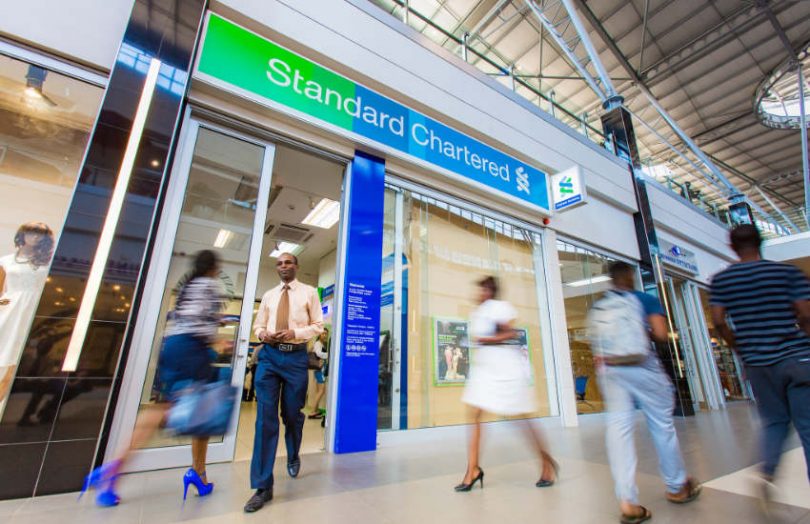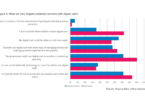Today the Hong Kong branches of Standard Chartered and PwC released a whitepaper about the banking and business potential of programmable central bank digital currencies (CBDC). The focus is mainly on the Guangdong–Hong Kong–Macao Greater Bay Area (GBA), but the concepts are applicable globally.
The region has been used for China’s digital yuan pilots. With the recent commencement of Hong Kong eHKD CBDC pilots, multi currency and cross border CBDC scenarios are envisaged.
“The power of CBDCs to create a seamless and innovative digital economy cross-border will be especially important in the context of the Greater Bay Area (GBA),” said Anthony Lin, CEO, GBA, Standard Chartered. “Combining trust and programmability, CBDCs will transform ecosystems and the payments landscape for individuals and businesses across the region and beyond.”
Conditional CBDC and supply chain finance
One of the most interesting applications is the use of a conditional CBDC within supply chain finance. The conventional model is that a large buyer works with a bank to use its strong credit rating to enable its suppliers to raise finance. While this is a hugely effective model, it often doesn’t reach the deep tier suppliers, who tend to be smaller businesses that find it hardest to get financing. The Asia Development Bank found the trade finance gap widened from 2018 to 2020 to $1.7 trillion, or 10% of global trade.
How can a programmable CBDC help? At the start of the contract, the buyer might pay its first tier supplier with a programmable CBDC that has conditions attached, such as the delivery of goods. So while it’s not cash, it is more than the promise of cash. That first-tier supplier can use that conditional CBDC as collateral to receive financing from its own bank. And use it to pay the second tier suppliers, who can also use it as collateral for financing. And so on down the chain of suppliers.
A key requirement will likely be a standardization of smart contract templates for this purpose.
Programmable retail CBDC for rewards
The report also explored at a retail use case for rewards. Reward tokens could use conditional CBDC that can only be used at a particular merchant.
This could be a low cost way for smaller merchants to operate loyalty programs. Additionally, it could be beneficial in more complex use cases where loyalty reconciliations between different entities are painful. For example, where there are rewards between different entities, such as a shopping mall providing rewards for various stores or stores offering promotions on branded products.
Another scenario comes back to the regional position of Hong Kong. There’s potential for rewards programs to operate across borders, even in a multi currency wallet. That applies equally to the Greater Bay Area and Europe.
Two of the 12 eHKD pilot use cases target programmable payments for rewards programs. Standard Chartered is also participating in the trials, focusing on the offline CBDC use case with Giesecke+Devrient.






